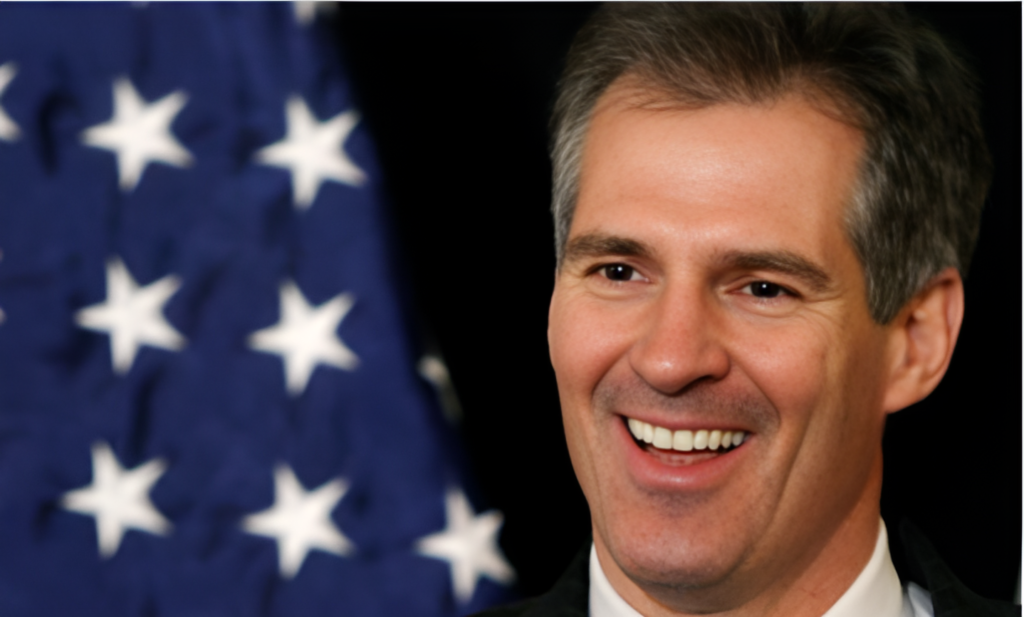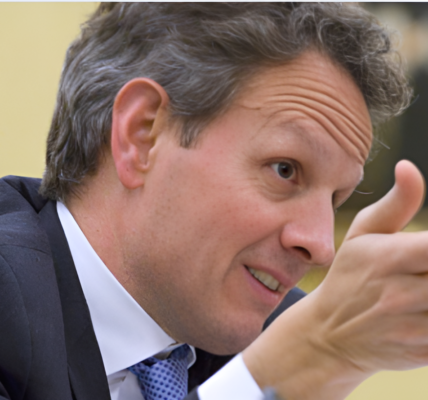
In an unusual display of bipartisanship, Republicans and Democrats are rallying behind an initiative to stimulate job growth using crowdfunding—a concept originally popularized by unsigned rock bands raising money for tours and recording sessions through online donations. Now, Senator Scott Brown (R-Mass.) is championing crowdfunding as a way for startups to attract investors, challenging securities laws from the 1930s that prohibit the practice.
“The next Steve Jobs is being held back by rules from the age of the typewriter,” Brown told the Senate Banking Committee. “We should take advantage of this multibillion-dollar market opportunity.”
The idea comes at a critical time, as Congress searches for ways to help entrepreneurs overcome hurdles to growth amid declining new business formation and fewer initial public offerings (IPOs). The decline has stifled job creation, with fewer companies going public and smaller startups struggling to get off the ground.
President Obama and congressional leaders have expressed support for crowdfunding as a tool to help entrepreneurs raise capital. The House recently passed a complementary bill with overwhelming bipartisan support, and the President has directed his advisers to explore tweaks to securities regulations to ease the process for small companies.
“This makes sense to me,” Obama said at a meeting of the President’s Council on Jobs and Competitiveness. “Smaller companies don’t have the legal and accounting resources of a GE when entering the capital markets.”
The proposed legislation allows companies to raise up to $1 million through crowdfunding, limiting individual investments to $1,000. Advocates believe this will democratize access to capital for startups while minimizing risk for investors.
“This initiative harnesses the power of community financing and social media platforms,” said crowdfunding advocate Sherwood Neiss. “It’s a way to connect businesses with the support they need to grow.”
While the potential for growth is promising, some lawmakers and experts have voiced concerns about the risk of fraud. Senate Banking Committee Chairman Tim Johnson (D-S.D.) has not fast-tracked the measure, citing the need to ensure adequate investor protections.
John Coffee, a Columbia University law professor, warned the committee that without strict oversight, crowdfunding could devolve into a breeding ground for scams. “We all like the idea of tweeting for investors,” Coffee said. “But in its current form, this bill could be called the Boiler Room Legalization Act of 2011.”
Critics envision scenarios where unlicensed salespeople exploit the system, preying on unsuspecting investors. Coffee illustrated a potential pitfall with humor, describing a character resembling Danny DeVito pitching glossy PowerPoint slides in a bar or coffee shop.
Advocates like Neiss dismiss these fears as overblown. “Crowdfunding relies on transparency and community networks,” he argued. “It’s not a playground for fraudsters.”
Crowdfunding alone may not address the broader challenges facing entrepreneurs. A recent Financial Services Forum poll of over 800 small business owners revealed that weak demand remains the top barrier to hiring, with 34% of respondents citing sluggish economic conditions. Only 6% blamed excessive government regulation, and 7% pointed to tax issues.
The poll highlighted contrasting policy preferences. While many business owners see reducing the federal budget deficit and lowering taxes as key to stimulating growth, they remain skeptical of government spending as a solution.
“The net result of all these tweaks and programs is profound uncertainty,” said John Dearie, the forum’s executive vice president for policy.
Despite concerns, the bipartisan push for crowdfunding represents a significant step toward fostering innovation and job creation. As Congress refines the legislation, supporters hope it will pave the way for entrepreneurs to access capital more easily and fuel economic recovery.
If successful, the initiative could herald a new era of collaboration between lawmakers, entrepreneurs, and investors, demonstrating that even in a polarized political climate, shared goals can spark meaningful progress.





